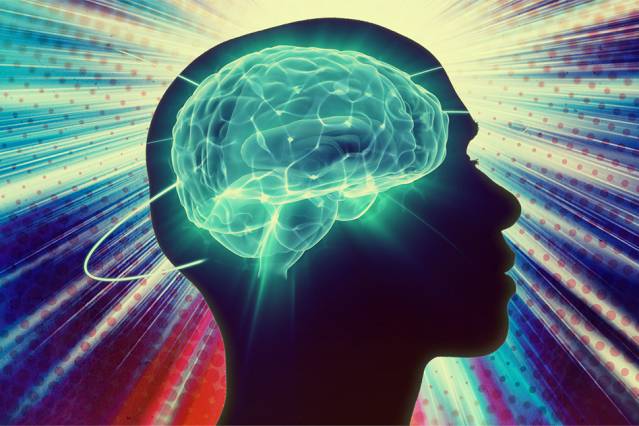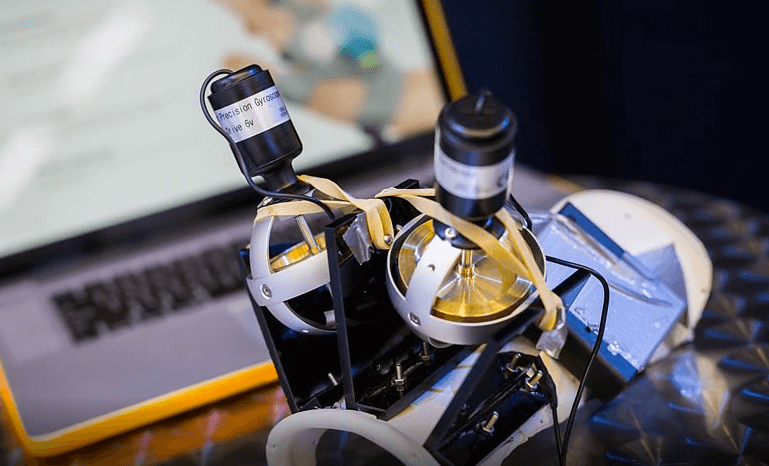This is one question that’s still up for debate. Some will say yes, of course, it’s in your brain, inside your head. Others will disagree and say that the mind isn’t confined to your brain or even the body. But then, I guess the next question to follow would be: “what is the mind?” So, is it possible to define exactly what the mind is and where it lies?
In traditional science, the mind is described as the product of brain activity, where the brain is the physical matter and the mind is the conscious outcome of those neurons that are being fired around. However, the evidence is stacking up that suggests the mind is much more than the outcome of the physical workings of your brain.
According to a definition first put forward by Dan Siegel, author of Mind: A Journey to the Heart of Being Human and professor of psychiatry at UCLA School of Medicine, our mind cannot be confined to what’s inside our skull, or even our body. Siegel came to this conclusion more than 20 years ago when trying to reach common ground between a group of 40 scientists including sociologists, neuroscientists, anthropologists, and physicists. They eventually decided between themselves that one of the key components of the mind is: “the emergent self-organizing process, both embodied and relational, that regulates energy and information flow within and among us.”
Although this definition is wholly supported across the science community, originally the idea comes from the world of mathematics. The mind is considered to be a complex system that can self-organize and be flexible, stable, adaptive, energized and adaptive. Without this form of self-organization, chaos would quickly come on and could be one of the reasons behind mental health issues. Siegel very much believes that if we view our minds as simply another tool we will begin to make ourselves isolated from the real world. However, if we all learn just to open up our minds a little, we will learn to appreciate a lot more about what life’s really about.
More News To Read











